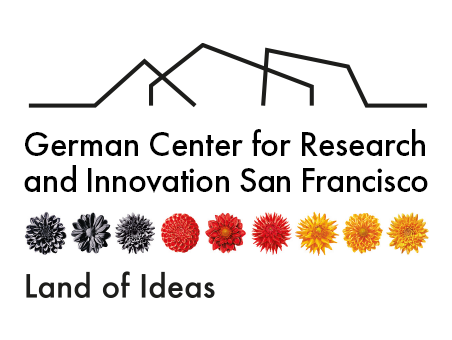DWIH focus topic 2023: The resilient society
 © iStockphoto
© iStockphoto
In 2023, the global network of German Centers for Research and Innovation (DWIH) will focus on the complexities of resilient societies.
Resilience is not easy to define. At first glance, one can understand resilience as adaptability to change — but under what circumstances? For example, resilience can mean different responses in the face of localized public health crises or ecological disasters as opposed to far-reaching changes, such as digital transformation, which fundamentally shifts established dynamics.
A “resilient society” must acknowledge this complexity and strike a balance between innovation and social responsibility. In order for a society to be resilient, it must embrace innovators from diverse and interdisciplinary backgrounds. And interdisciplinary formats and places for networking are needed in order to be able to exchange ideas and to combine strengths.
Bringing Different Locations Together
The DWIH leadership, seeking to capitalize on the wide-ranging networking opportunities of its worldwide DWIH locations, has chosen “The Resilient Society” as its 2023 focus topic. Each DWIH office explores the importance of resilience in its respective region and brings together stakeholders whose work contributes to the innovations of resilience. Through these efforts, we have coverage of issues affecting all DWIH locations well as issues that are of particular importance for respective regions. Further information on the choice of the 2023 DWIH focus topic can be found on the DWIH Network’s website.
In the U.S. West Coast, both the extraordinary human innovative strength and the power of nature are evident: in recent years, forest fires, flooding, and extreme temperatures have strained American tech centers in the region. Massive storms and extreme temperatures also illustrate how climate change is pushing California and other Western states to evolve.
Transatlantic Cooperation as a Model
Beyond climate change, resilience as social harmony is an important consideration. Natural disasters and the economic damage associated with them increase social tensions in the USA. Indeed, we must strengthen infrastructures and networks in order to prepare for the future. For example, the “California Resilience Challenge” organized by Bay Area Council, recognizes efforts that companies, cities and civil society make to work together to develop responses to climate change. California has also established global networks and initated the “Under2 Coalition” with the German federal state of Baden-Württemberg in 2015. This partnerhip both state governments together to slow global warming and reduce CO2 emissions.
The DWIH San Francisco seeks to strengthen the exchange of science, research, and innovation. It benefits both from its proximity to Silicon Valley as well as from the networking opportunities with top universities and research institutions across the U.S. West Coast.
